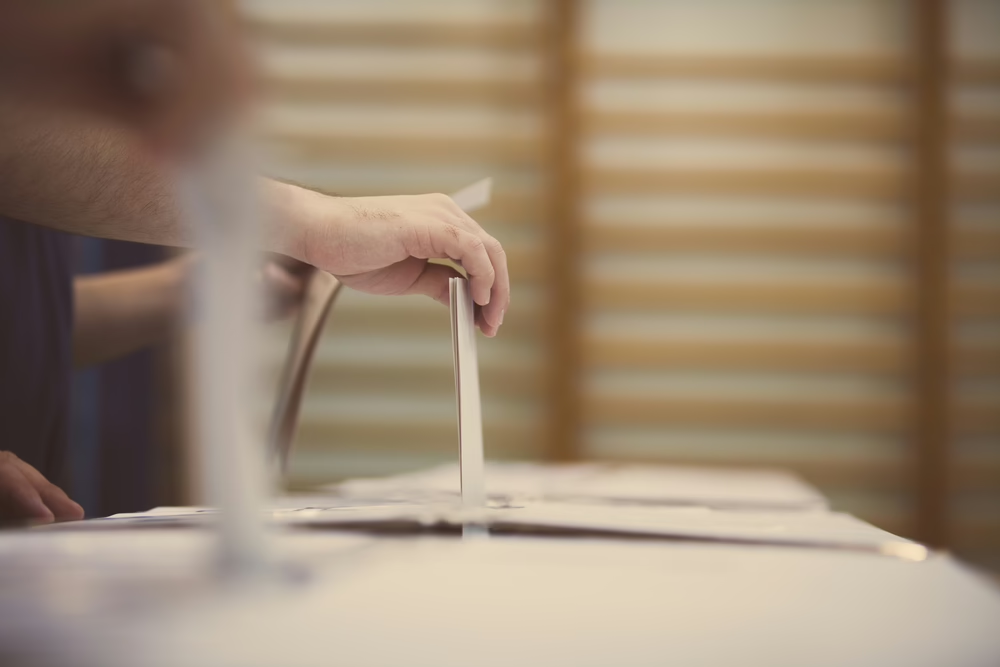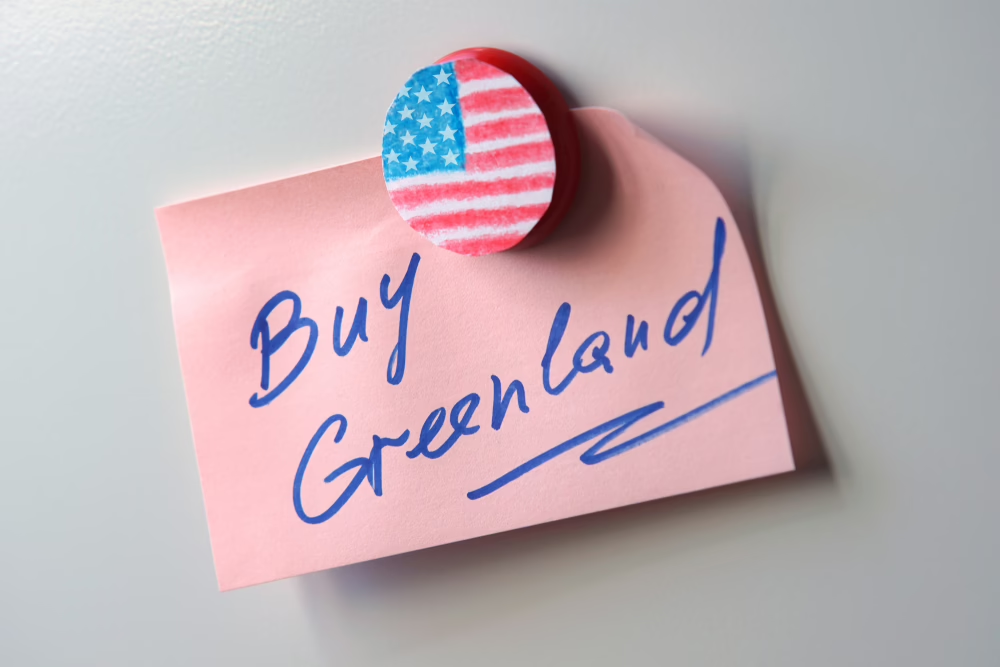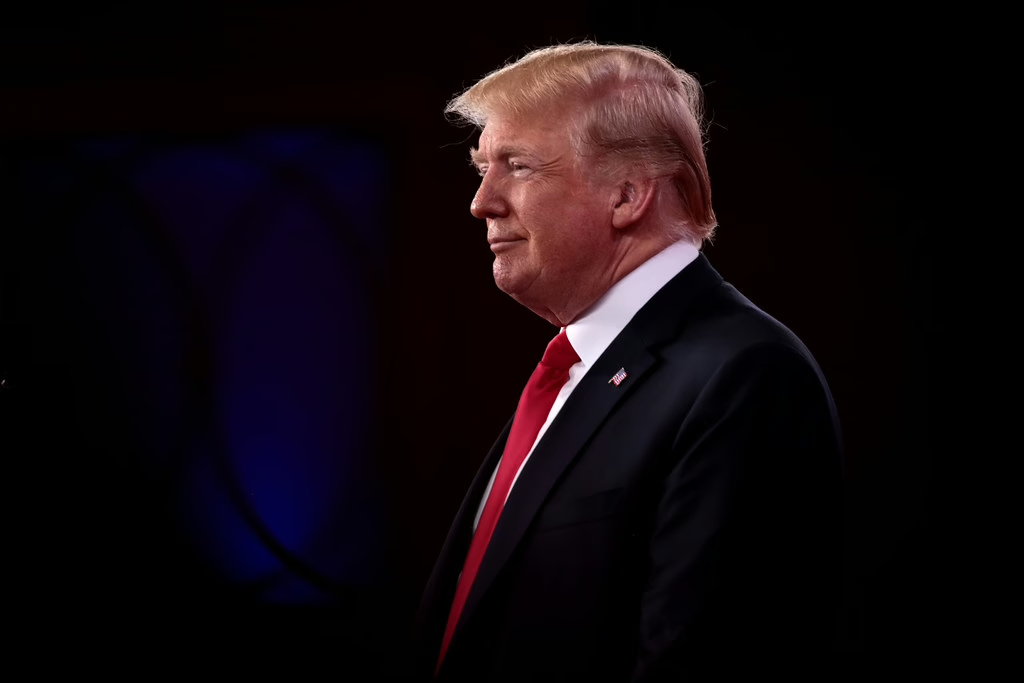You’re Forgiven: Pardon Power Wielded Again.
The past can be undone. On Tuesday, President Trump orderedclemency for 11 people convicted of various federal criminal offences and who have been serving long sentences in prison. Former Wall Street financier Michael Milken, convicted of conspiracy and fraud in 1990, and Bernard Kerik, the former New York Police Commissioner convicted of tax fraud in 2009, were among those pardoned, meaning that both of their convictions have been removed (both had already completed serving their sentences). Former Illinois Governor Rod Blagojevich, a Democrat convicted in 2011 of fraud and bribery, received a commutation, meaning that while his conviction will stand, his sentence has now ended. He was released from prison on Tuesday, rather than the originally scheduled date of 2024.
- Wait, isn’t this a violation of the separation of powers doctrine, where the President has the power to carry out the law, but it is judges who have the power to decide on whether or not there have been violations of the law? No. Although it might, in principle, appear to be a violation of the separation of powers doctrine, Article II of the Constitution expressly grants the President the power to issue pardons and, by extension, the lesser benefit of a commutation.
- But what is to stop a President from overturning any criminal convictions he wants and usurping the role of the judiciary? There are two answers to this. First, the Constitution specifies that pardons and commutations may only be issued to people convicted of federal crimes – the President has no power to intervene in either criminal convictions made at the state and local level or in civil matters. Second, while there is no law limiting the President’s pardon decisions further, a series of norms have emerged to assist the President in issuing clemency and respecting the role of the judiciary in maintaining law and order. Clemency is traditionally issued sparingly, only after some reasonable portion of a sentence has been served, and usually at the end of a President’s time in office. It is up to the President to decide where the line lies between wielding the far-reaching power of the pardon and respecting the decisions made by the judicial branch. President Trump’s recent clemency grants are small in number compared to those made by President Obama, who ordered clemency for more people (1,927) than any president since Harry Truman. However, Mr. Obama’s clemency directives were often tied to a program that sought to release non-violent offenders whose sentences would have been substantially lighter, had they been convicted under present sentencing guidelines. Few were known to the President. In the case of Mr. Trump, however, many of those who received clemency were known to him.
- Why was this power granted to a president by the Constitution? In its original framing, to ensure that justice was done. Although monarchs have enjoyed the power to pardon for a very long time, the original reasoning behind pardon power in the United States may be most clearly revealed in Alexander Hamilton’s Federalist Paper No. 74, where he wrote that “without an easy access to exceptions in favor of unfortunate guilt, justice would wear a countenance too sanguinary and cruel.” In simple terms, the pardon power principally provides a check and balance against an improper conviction or overly harsh sentence issued by a judge.

Afghan Election Results Bring No Clarity.
Counting ballots accurately was hard enough in Iowa. It was even harder in Afghanistan. But, after a five-month delay, incumbent Afghan President Ashraf Ghani was declared to have won a second five-year presidential term. The result did not bring certainty to the country’s future, however. His principal opponent, Abdullah Abdullah, alleged many of the votes received by Mr. Ghani to have been fraudulently cast, and so he, too, claimed victory. Should the division continue, it may be difficult for a unified Afghan government to form. As is always the case, elections are not a guarantee of democracy – they merely open the gate to the hard work that will follow.
- This feels familiar – why? In the previous presidential election, held in 2014, Mr. Ghani and Mr. Abdullah fought each other to a standstill at the ballot box. Then-Secretary of State John Kerry shepherded a power-sharing deal between the two that installed Mr. Ghani as President and Abdullah as the chief executive of government. The two went on to have a turbulent working relationship, undermining the capacity of the Afghan state to fight against the Taliban.
- Speaking of the Taliban, what is their position on all of this? The Taliban are likely to benefit from the standoff within the Afghan government. Previously, the Taliban had badly damaged the legitimacy of this presidential election. A sharp spike in the frequency and severity of Taliban attacks on government forces and institutions drove down voter turnout and, in so doing, damaged the legitimacy of this presidential election. Now, the Taliban stand on the verge of signing a peace deal with the United States. In terms of the deal, all sides would commit to a “violence reduction” period. If successful, the Afghan government and the Taliban would negotiate, something both have been reluctant to do, since neither side recognizes the other as a legitimate organization. If the Afghan government enters such negotiations with a weak mandate from the voters, or, worse, severe internal divisions, a favorable resolution to the two-decade war could be endangered.

Taking A Vote Inside Big Tech.
Democracy is practiced in the workplace, too. In recent years, the tech giants – Google, Amazon, Facebook, Microsoft and others – have increasingly had to contend and engage with the activism of their own employees when making business decisions. However, that activism was almost always issue-specific, ad hoc, and performed through petitions and walkouts. Now, the employees at Kickstarter have voted in favor of something else: the creation of an employees’ union. If their upcoming negotiations with management are successful, it will be the first union formed inside a major tech company. The ability to organize is key to the practice of democracy – and happens in our daily routines (like workplaces) as much as it does in faraway places of power.
- What has prevented unions from forming in tech companies so far? The reasons are many, but are principally social and cultural in nature. The tech world, and start-ups in particular, encourage a flatter workplace organization, which they say dispenses with the need for unions, traditionally a fixture of structured, hierarchical organizations. Moreover, unions are more traditionally associated with blue-collar workers, a label most tech workers would not seek to assume.
- Why is this changing? Time normalizes all things. Tech firms have been around long enough to become an ordinary part of the job infrastructure. As this happens, it is likely that the ordinary aspects of employment will begin to attach to it, barnacle-like. For, while the products they are making are indeed revolutionary, human behavior is timeless. Workers in tech firms have concerns much the same as workers in other industries. And, as Professor Veena Dubal, at the University of California, Hastings, noted, the effort “signals to workers across the tech industry that it is both desirable and possible to build collective structures to influence wages, working conditions and even business decisions.” Moreover, and vitally, as theproducts of tech industries are now permeating all aspects of society, their employees are realizing their own power to sculpt the way communities will develop.

He Was Once An Asylum Seeker. Now He’s Running For Parliament.
Reality has a way of making itself known. Since its inception, the tyrannical government of North Korea has worked hard to keep its citizens ignorant of the world outside its borders. But what happens when North Koreans have a chance to see the world? Thae Yong-ho had such an opportunity, representing North Korea as its second-ranking diplomat in London for over ten years. In 2016, disillusioned with, and fearful of, North Korean leader Kim Jong-un’s murderous ways, Mr. Thae slipped away into England with his family. He resurfaced and successfully applied for asylum in democratic South Korea. Now, he is about to become the first defector to run for election in South Korea’s parliament.
- Why is he seeking office in his new home? Naturally, the reasons concern the tense North Korea – South Korea relationship. South Korea has a long history of welcoming North Korean defectors, seeing it as an opportunity to promote the superiority of South Korea’s democracy over North Korea’s autocracy. However, South Korea recently sent back two North Korean fishermen who had sought asylum. The fishermen had murdered their entire 16-man boat crew in an effort to reach South Korea. South Korea evidently decided it could do without the addition of these fishermen to its society. Thae disagreed, however, and has made it his mission to see to it that South Korea accepts all asylum seekers from the North. Parliament is the key to completing that mission. This, said Mr. Thae, was a chance to show the people of North Korea “how democracy works.”






